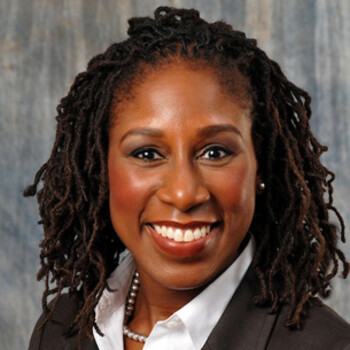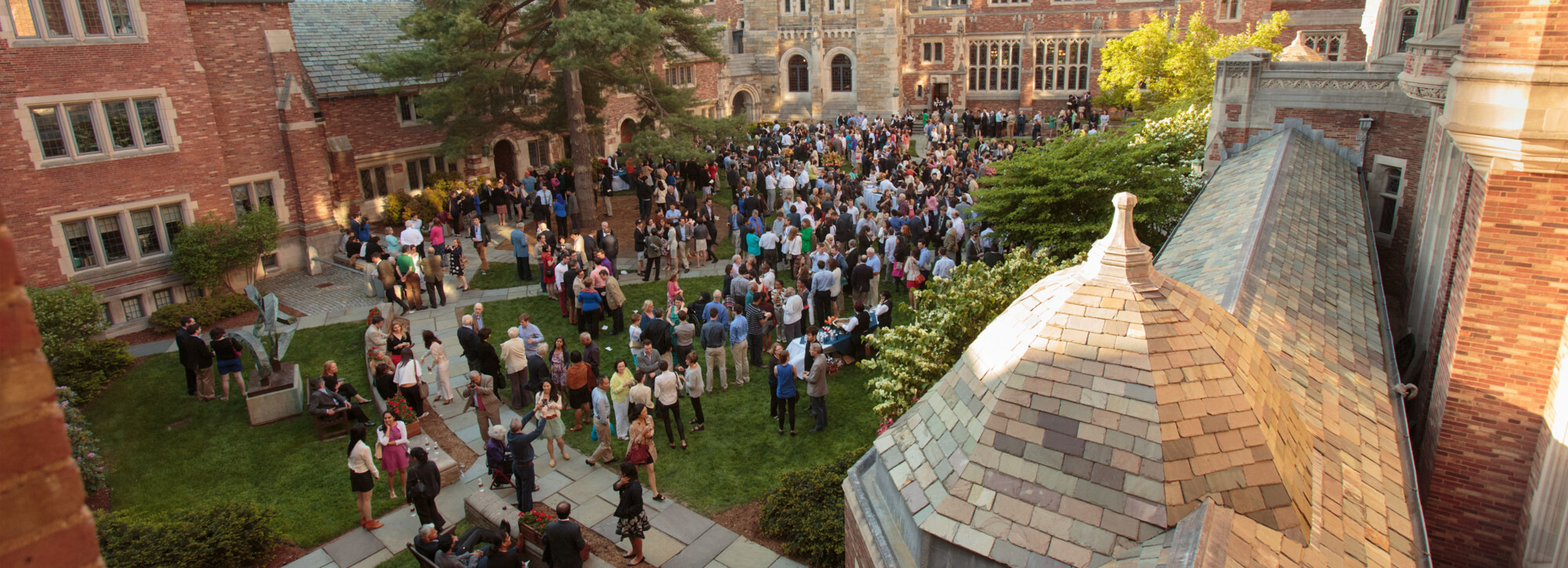
I have been a staff attorney at the Federal Defender Program, Inc. in the Northern District of Illinois since 2010. I represent indigent people from across northern Illinois who are accused of federal crimes. I represent my clients in trial court (U.S. District Court), in appellate court (the U.S. Court of Appeals for the Seventh Circuit), and in petitions for writ of certiorari in the U.S. Supreme Court.
Our office is the country’s oldest federal defender office. When the federal defender system was created in the 1960s, each federal district court had a choice of creating a.) a federal public defender office staffed by federal employees and helmed by a Federal Public Defender appointed by the court of appeals for the circuit, or b.) a “community defender” organization, which is a government-funded nonprofit with a board of directors that elects an Executive Director. In our district, the court chose option “B.” As a community defender organization, our office does the same work as a federal public defender office; we are just governed differently. Accordingly, our office is the “Federal Defender Program, Inc.,” our Executive Director’s title is the Federal Defender (not the Federal “Public” Defender) for the Northern District of Illinois, and I am a staff attorney (not an “assistant federal public defender”).
I represent clients in all types of cases. About one-third of my caseload is fraud—ranging from bank fraud to bankruptcy fraud, credit card fraud, identity theft, wire fraud, mail fraud, social security fraud, theft of government funds, and more. Another third of my caseload is guns and drugs: clients charged with selling or possessing guns, selling or attempting to sell narcotics, and related cases. A final third of my caseload is simply a big mix ranging from bank robbery, to immigration offenses, to child pornography and other sex offenses. My office assigns cases in an extremely egalitarian manner that contributes to my job satisfaction: whatever cases come in on my monthly “duty day” — whether it is the biggest terrorism case or a minor supervised release violation case—become my cases. My average case, through sentencing, lasts about a year. I juggle approximately 30-50 cases at one time, all at various stages and of varying complexity and demand in terms of time.
I represent clients in all stages of their cases. I take their case from arrest (or from the moment the U.S. Attorney’s Office notifies a client that he or she is under investigation) to trial or a guilty plea, and to sentencing. If a client wants to appeal, I handle the appeal. If a client wants to appeal again to the Supreme Court, I work on that petition for hearing as well.
There is more variety in criminal law than I imagined before coming to my job, and being able to do both trial and appellate work is incredibly satisfying. The variety does not end there. I am also a negotiator: because more than 95% of defendants choose to plead guilty, I am negotiating plea deals all of the time. I am a counselor, helping clients to navigate difficult choices. I am a strategist, trying to determine the wisest way to litigate a case and achieve the best resolution possible for my client. I am an investigator: hunting down facts and evidence as we prepare for hearings, trial, or sentencing. I am a teacher, introducing clients and their families to the federal court system, which is vastly different from the state court system with which they may be familiar. I am a lay social worker: many of our clients have disadvantaged backgrounds, extensive mental health histories, substance abuse issues, and other everyday challenges. We work with mitigation specialists and masters’ level social work students in our office to thoroughly investigate our clients’ backgrounds, present an effective mitigation case to the sentencing judge, and help our clients get the resources they need. (This is another type of variety my job offers: I work not only with clients, investigators, and specialists in our office, but also probation officers, pretrial service officers, prosecutors, expert witnesses, client’s families, juries, and judges. I am constantly interacting with different people.) My job is rewarding because it requires me to fill all of these roles at different points. My job is exhausting because it requires me to fill all of these roles! I work harder and longer hours than I did as a law firm associate. But I do not mind the harder work, longer hours, and lower pay because my job has meaning to me. I provide quality representation to people who would not be able to afford it, and I am there for clients at a most dreary and frightening juncture: when they are being judged for the worst day or days in their life.
Listening and communication skills, flexibility, good instincts, and compassion are valuable for defenders. Additionally, oral and written advocacy skills are even more important than technical trial and appellate skills. Only a fraction of cases go to trial or get appealed, and the government wins more than 90% of the few cases that do go to trial. This means that almost all of my cases end up at a sentencing hearing where sound oral and written advocacy is paramount in persuading a judge to impose a fair and appropriate sentence. One must also have thick skin and a penchant for pressing forward in the face of seemingly insurmountable odds: winning must mean shaving needless years and months off of a client’s sentence, helping the judge to craft a sentence that might get a client the help he or she needs, or negotiating a smarter plea deal. We do not win trials and contested hearings often but we must keep trying. There are numerous examples of the defense bar fighting an issue over and over and losing all of the time, only to have the Supreme Court or Congress finally weigh in and right a wrong that the defense bar has been pushing against for years.
In law school I knew I would work in the public interest but I never gave any thought to criminal defense. After graduation, I clerked for a federal district court judge and then a federal appellate court judge. Afterwards, I joined a large law firm as a litigation associate for three years. As I began applying for public interest positions, I enjoyed hearing former federal defenders talk about their jobs. The job seemed to have many of the elements that I sought including the opportunity to protect rights, to fight for those in need, and to enjoy variety. I now have the dream job that I did not even know was my dream job.
Updated August 2021
